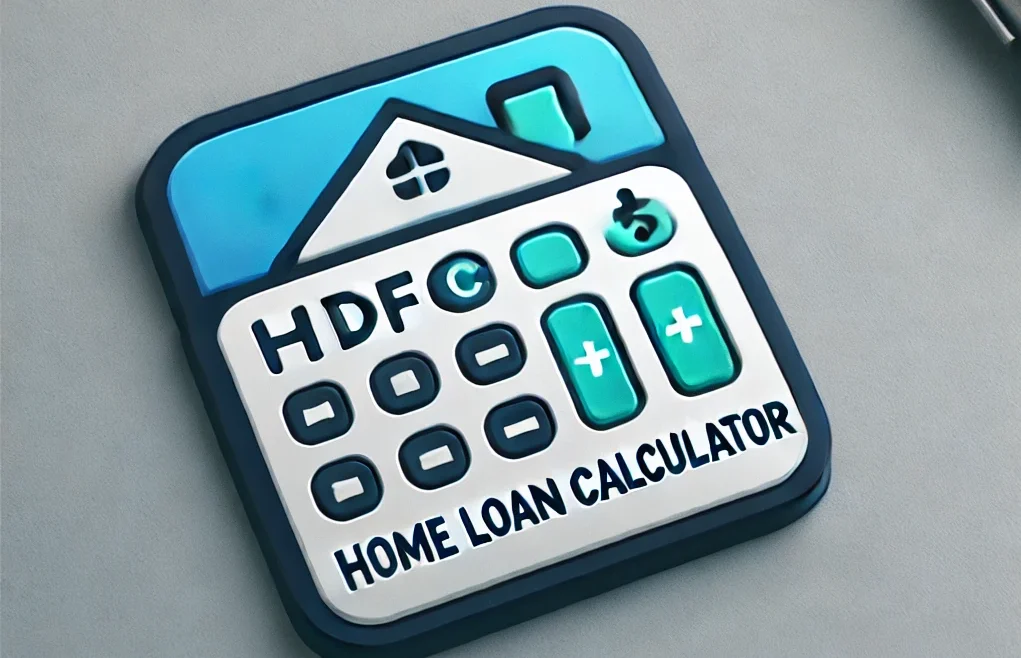When considering a home loan, HDFC is one of the most trusted names in the industry. Whether you’re a first-time homebuyer, looking to upgrade, or an investor, understanding the details of home loans can make the process smoother. Here, we answer the 10 most common questions about HDFC Home Loans, with expert insights to help you make informed decisions.
1. What Types of Home Loans Does HDFC Offer?
Answer: HDFC provides a range of home loan products to meet different needs, including:
- Home Purchase Loan: For buying a new or resale property.
- Home Improvement Loan: For renovations or repairs.
- Home Extension Loan: For adding more space to your existing home.
- Plot Loan: For purchasing land to build a home.
- Balance Transfer Loan: Transfer an existing loan from another lender to HDFC for better terms.
- Top-Up Loan: Get additional funds over your current loan.
Each loan type comes with specific terms and eligibility criteria, allowing borrowers to choose the best fit for their needs.
2. What Is the Eligibility Criteria for an HDFC Home Loan?
Answer: HDFC evaluates several factors to determine eligibility, including:
- Age: Applicants must be between 21 and 65 years old.
- Income: A steady source of income, whether salaried or self-employed, is required.
- Credit Score: A credit score of 750 or above is preferred.
- Employment Stability: Salaried applicants need a stable job history (typically 2-3 years), while self-employed individuals must show consistent business income.
- Property: The property being purchased or mortgaged must meet HDFC’s legal and technical requirements.
3. How Much Home Loan Can I Get from HDFC?
Answer: The loan amount depends on multiple factors such as:
- Income: Typically, HDFC offers loans up to 60-70% of your gross monthly income.
- Loan-to-Value (LTV) Ratio: HDFC finances up to 90% of the property value for loans up to ₹30 lakh, 80% for loans between ₹30 lakh and ₹75 lakh, and 75% for loans above ₹75 lakh.
- Repayment Capacity: HDFC assesses your existing financial liabilities, ensuring your EMI does not exceed 40%-50% of your monthly income.
Use HDFC’s home loan eligibility calculator to get an estimate of your loan eligibility.
4. What Is the Interest Rate on HDFC Home Loans?
Answer: HDFC offers both fixed and floating interest rates:
- Floating Interest Rate: The current range is between 8.50% and 9.00% (subject to change based on market conditions).
- Fixed Interest Rate: HDFC offers fixed rates for a limited period (up to 10 years) and is generally slightly higher than floating rates.
- Hybrid Options: These allow you to have a mix of fixed and floating rates for different periods.
Rates can vary based on loan amount, tenure, and your credit profile.
5. What Is the Process to Apply for an HDFC Home Loan?
Answer: Applying for an HDFC home loan involves several steps:
- Check Eligibility: Use the HDFC online eligibility calculator or speak to a representative.
- Submit Application: You can apply online or visit an HDFC branch with your documents.
- Document Verification: HDFC will verify KYC documents, income proof, property papers, and credit history.
- Loan Sanction: After approval, you’ll receive a sanction letter detailing the loan amount, tenure, interest rate, and EMI.
- Loan Disbursement: The loan is disbursed based on property construction stages or full disbursement for ready properties.
6. What Are the Required Documents for an HDFC Home Loan?
Answer: The essential documents include:
- KYC: Aadhaar, PAN, Passport, or Voter ID.
- Income Proof: Salary slips, Form 16, or IT returns for self-employed applicants.
- Bank Statements: For the last 6 months.
- Property Documents: Agreement of sale, title deed, and NOC from the builder or society.
- Employment Proof: Offer letter and employment verification for salaried individuals.
Additional documents may be required based on individual circumstances.
7. How Does the HDFC Balance Transfer Work?
Answer: If you’re paying high-interest rates on an existing home loan from another lender, you can transfer your loan to HDFC to benefit from lower rates. The balance transfer process includes:
- Submitting a transfer request to HDFC.
- Providing your existing loan details and property documents.
- After approval, HDFC will pay off the outstanding loan amount to your previous lender.
- You will now repay the loan to HDFC at the new interest rate, often saving on EMI payments and interest.
8. Can I Prepay My HDFC Home Loan?
Answer: Yes, HDFC allows you to prepay your home loan. For floating-rate loans, there are no prepayment penalties. For fixed-rate loans, prepayment charges may apply (typically 2%-3% of the outstanding amount). Partial prepayments are also allowed, which helps reduce the loan tenure or EMI burden.
Prepaying can save you significant interest over the loan term, making it a smart financial move if you have surplus funds.
9. What Tax Benefits Are Available on HDFC Home Loans?
Answer: Home loans offer attractive tax benefits:
- Section 80C: You can claim deductions up to ₹1.5 lakh annually on the principal repayment.
- Section 24(b): You can claim up to ₹2 lakh annually on the interest repayment for a self-occupied property.
- Section 80EEA: For first-time homebuyers, an additional deduction of ₹1.5 lakh is available on interest for loans sanctioned between April 1, 2019, and March 31, 2022, under the affordable housing scheme.
These benefits significantly reduce your tax liability, making home loans financially advantageous.
10. What Happens if I Miss an EMI Payment on My HDFC Home Loan?
Answer: Missing an EMI payment can lead to the following consequences:
- Late Payment Fees: HDFC typically charges a penalty of 2% of the overdue amount.
- Credit Score Impact: Your credit score may decrease if you miss multiple payments, affecting future loan eligibility.
- Legal Action: Continued non-payment could lead to legal action and eventual repossession of the property in severe cases.
It’s essential to communicate with HDFC if you’re facing financial difficulties, as they may offer restructuring options or deferment in some cases.
Conclusion
Understanding the nuances of HDFC home loans can make the loan process much easier. Whether it’s knowing about loan eligibility, interest rates, tax benefits, or the application process, being well-informed helps you make better decisions. If you’re planning to take an HDFC home loan, use this guide as a starting point to address common concerns.

